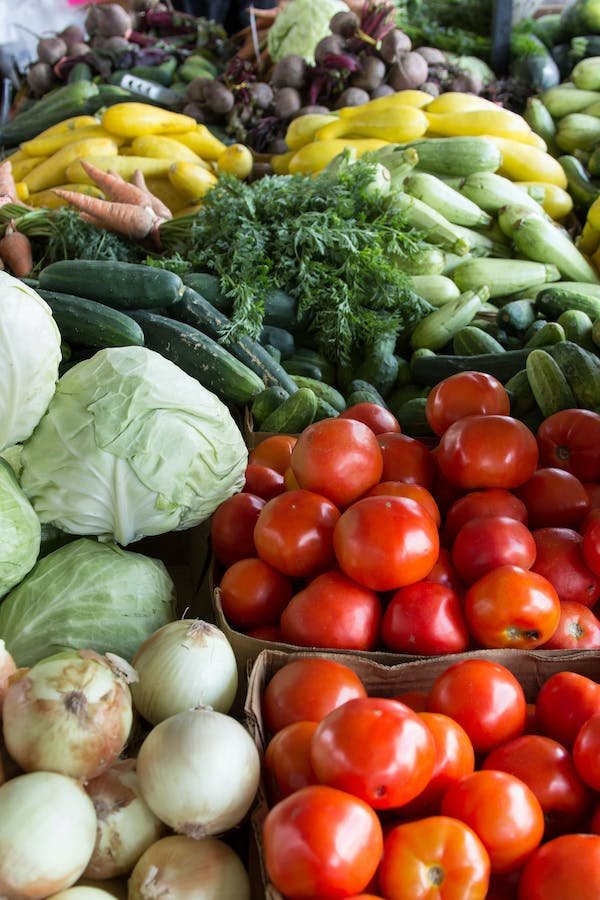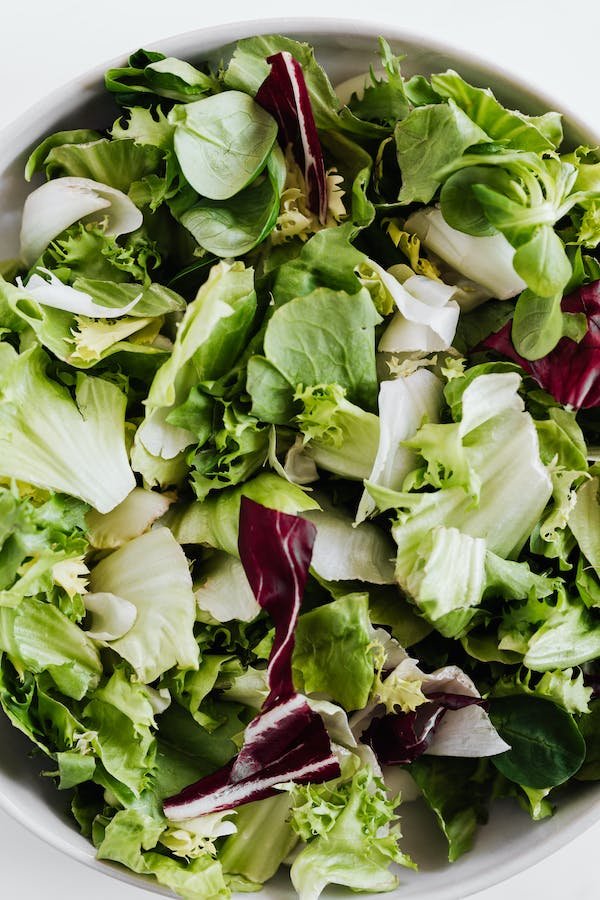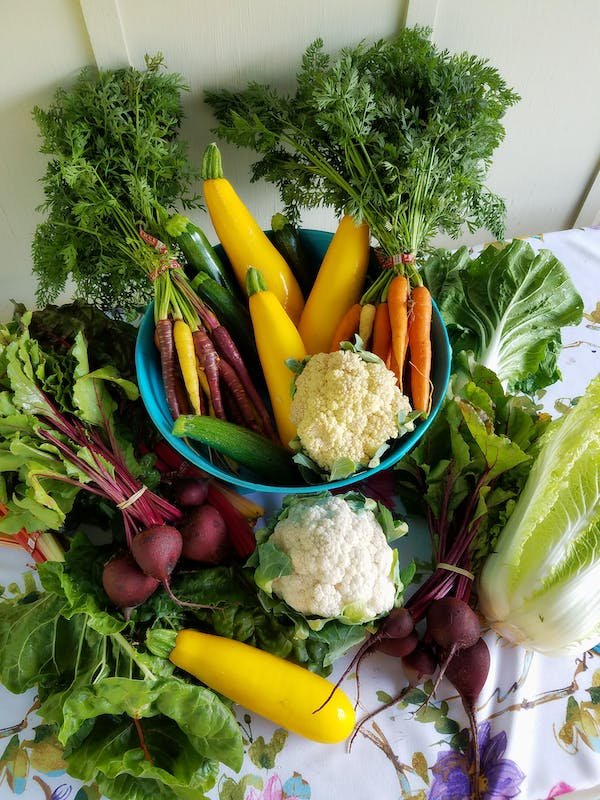
In the realm of human health, few things are as vital as cognitive function and memory power. Our ability to remember, learn, and think critically shapes our interactions with the world around us. While many factors contribute to cognitive health, the impact of nutrition cannot be overstated. In recent years, scientific research has highlighted the impressive role that vegetables play in enhancing memory power and overall brain health. This article delves into the fascinating relationship between vegetables and cognitive function, exploring the key nutrients, mechanisms, and recommended vegetables that can help improve memory power.
The Nutrient Powerhouse: Antioxidants and Phytochemicals
Vegetables are renowned for their abundance of antioxidants and phytochemicals, which are crucial for maintaining brain health. Antioxidants, such as vitamins C and E, work to counteract oxidative stress, a process that leads to cell damage and has been linked to cognitive decline and memory loss. Phytochemicals, on the other hand, are natural compounds found in plants that have a range of protective effects on the brain.
Cruciferous Vegetables: Unleashing Memory-Boosting Potential

Among the diverse range of vegetables, cruciferous vegetables stand out for their exceptional memory-enhancing properties. These include broccoli, cauliflower, Brussels sprouts, and kale. Rich in antioxidants like vitamin K and folate, as well as choline – a precursor to the memory-enhancing neurotransmitter acetylcholine – cruciferous vegetables offer a potent combination of nutrients that support brain health. Additionally, they contain compounds called glucosinolates, which have been linked to a reduced risk of neurodegenerative diseases.
Leafy Greens: Fuel for Cognitive Fire

Leafy green vegetables, such as spinach, Swiss chard, and collard greens, are another category that holds promise for enhancing memory power. Packed with vitamins A and K, these greens support brain function by reducing inflammation and oxidative stress. Moreover, they contain high levels of nitrates, which have been associated with improved blood flow to the brain, leading to enhanced cognitive function and memory retention.
Brightly Colored Vegetables: A Spectrum of Benefits

The vibrant colors in vegetables, such as carrots, sweet potatoes, and bell peppers, signify the presence of various beneficial compounds. Carotenoids, responsible for these hues, are powerful antioxidants that protect brain cells from damage caused by free radicals. Beta-carotene, a well-known carotenoid found in orange and yellow vegetables, has been linked to improved cognitive function and a reduced risk of cognitive decline.
Allium Vegetables: More Than Just Flavor

Garlic, onions, and leeks – the allium family of vegetables – are not only cherished for their flavor-enhancing properties but also for their potential to boost memory power. Rich in sulfur compounds, these vegetables have been shown to enhance memory consolidation and improve overall cognitive function. Furthermore, they contain quercetin, a flavonoid with neuroprotective properties.
Berries: Small Size, Big Impact
While not technically vegetables, berries are a noteworthy addition to any discussion about memory-boosting foods. Blueberries, strawberries, and blackberries are particularly rich in anthocyanins, potent antioxidants that have been linked to improved communication between brain cells, thereby enhancing memory, learning, and cognitive performance. Regular consumption of berries has also been associated with a slower rate of cognitive decline in aging individuals.
The Mediterranean Diet: A Blueprint for Brain Health
The Mediterranean diet, characterized by a high consumption of vegetables, fruits, whole grains, and healthy fats, has long been associated with numerous health benefits, including enhanced cognitive function. The prevalence of vegetables in this diet contributes significantly to its brain-boosting potential. The diet's emphasis on foods rich in omega-3 fatty acids, found in fatty fish like salmon and walnuts, complements the memory-enhancing effects of vegetables.
Mechanisms Behind the Magic: How Vegetables Boost Memory Power
The question arises: how do vegetables exert their remarkable influence on memory power? Several mechanisms contribute to this phenomenon:
Neuroprotection: The antioxidants found in vegetables help protect brain cells from oxidative stress, reducing the risk of cell damage and cognitive decline.
Anti-Inflammatory Effects: Chronic inflammation is known to be a contributing factor to cognitive decline. The compounds present in vegetables help mitigate inflammation, promoting better brain health.
Improved Blood Flow: Vegetables rich in nitrates promote the dilation of blood vessels, enhancing blood flow to the brain. This increased blood flow translates to improved cognitive function and memory retention.
Neurotransmitter Support: Certain vegetables contain nutrients that support the production of neurotransmitters, the chemical messengers responsible for communication between brain cells. This, in turn, aids memory formation and retention.
Enhanced Neuroplasticity: Neuroplasticity refers to the brain's ability to reorganize itself by forming new neural connections throughout life. The compounds in vegetables may facilitate this process, improving learning and memory.
Incorporating Memory-Boosting Vegetables into Your Diet
While understanding the science behind memory-boosting vegetables is crucial, putting this knowledge into practice is equally important. Here are some practical tips for incorporating these vegetables into your diet:
Diverse Color Palette: Aim to include vegetables of various colors in your meals. This ensures a wide array of beneficial compounds that contribute to brain health.
Regular Consumption: Make vegetables a staple of your daily meals. Create a habit of consuming a variety of vegetables to maximize their memory-enhancing effects.
Snack Smartly: Replace processed snacks with vegetable-based options like carrot sticks, celery with nut butter, or bell pepper slices with hummus.
Smoothie Boost: Add leafy greens or berries to your morning smoothies for a nutrient-packed start to your day.
Cook Creatively: Experiment with different cooking methods to retain the maximum nutrients in vegetables. Steaming, sautéing, and roasting are great options.
Mindful Eating: Practice mindful eating by savoring the flavors, textures, and aromas of vegetables. This can enhance the overall dining experience and promote better digestion and nutrient absorption.
Salads and Sides: Incorporate vegetables as the star ingredient in salads or side dishes. Mix and match different types to keep your meals exciting and nutritious.
Conclusion
The link between vegetables and improved memory power is an exciting avenue of research that underscores the profound impact of our dietary choices on cognitive health. Incorporating a variety of vegetables, rich in antioxidants, phytochemicals, and essential nutrients, can significantly enhance brain function and memory retention. From cruciferous powerhouses to leafy greens, brightly colored options, and brain-boosting berries, the plant kingdom offers a wide spectrum of memory-enhancing potential.
As we navigate the complexities of modern life, where cognitive demands are ever-present, it's reassuring to know that the solution to maintaining and improving memory power lies partly on our plates. By embracing a diet that champions vegetables, we not only invest in our physical health but also empower our minds to thrive and excel, ensuring that our memory remains as sharp as ever throughout the journey of life.
It is plagiarism content. Please share your own quality and quantity content. Otherwise, you can face our downvote trail. Any type of plagiarism is not allowed on steemit.
Source
What is considered spam or abuse?
What are Steemit’s policies on plagiarism?
Where do I report a post or comment that contains plagiarism, spam, or abuse?
Is it okay to use random pictures from the internet?
Thank you.
From,
The Detective of Steem Abuse team.
Contact us on our discord server in "appeal" channel
Downvoting a post can decrease pending rewards and make it less visible. Common reasons:
Submit
Thank you @hamigafoor for sharing your Good Quality Blog with our community. Your Post Information has been reviewed as seen below;
• Please don't publish any content in this community with an Ai/chatgpt generated be warned
• Your voting csi is zero please try to engage with others
• You are in no club, make sure to power up your earnings atleast a month to be in #Club5050
Downvoting a post can decrease pending rewards and make it less visible. Common reasons:
Submit